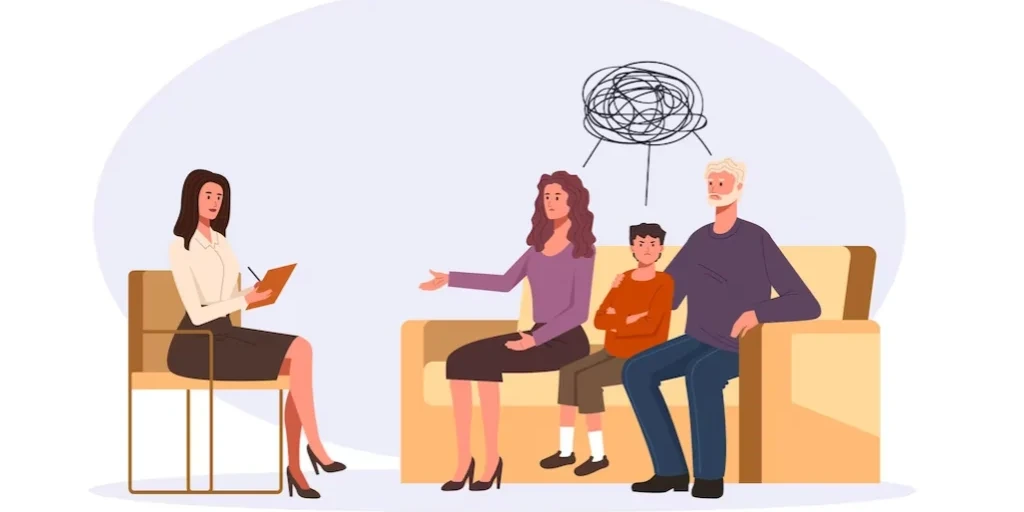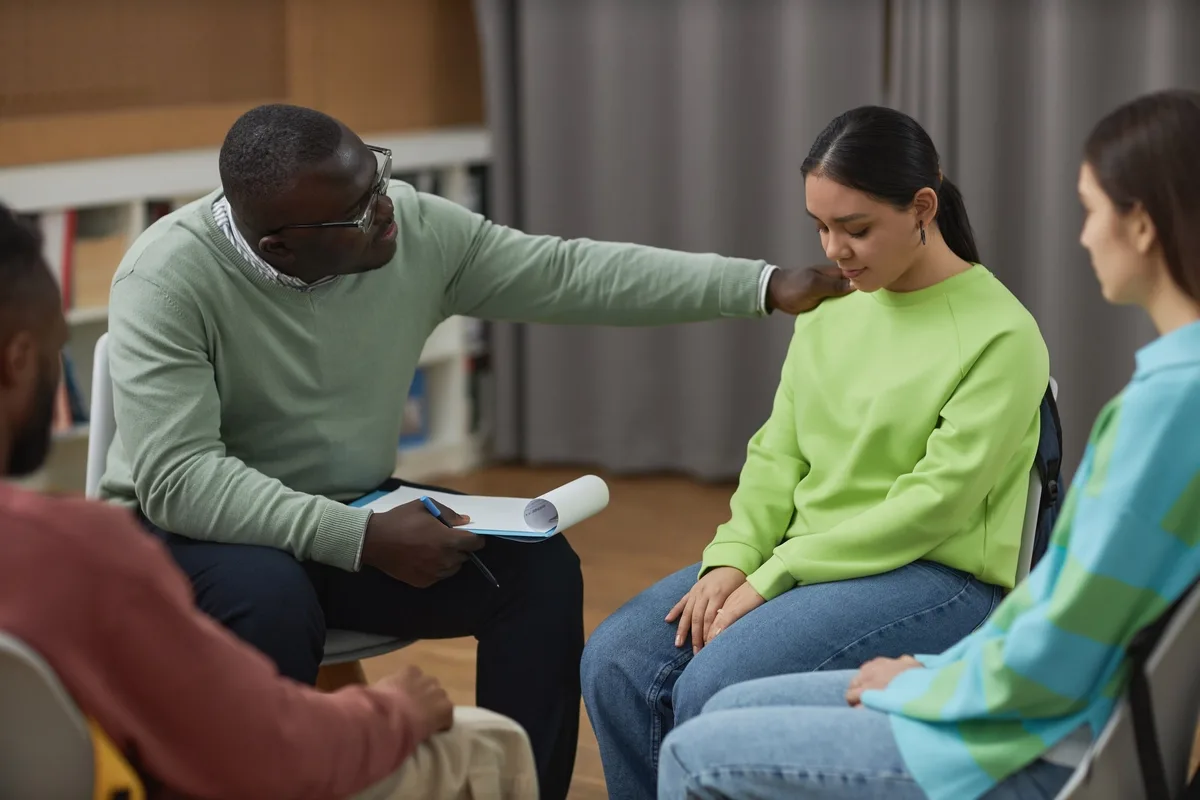24/7 Helpline:
(866) 899-221924/7 Helpline:
(866) 899-2219
Learn more about 12-Step Rehab centers in Kay County
Other Categories in Kay County

Other Insurance Options

Horizon Healthcare Service

Ceridian

State Farm

Health Choice

UMR

Cigna

Amerigroup

BlueCross

Optum

Medical Mutual of Ohio

Sliding scale payment assistance

Ambetter

UnitedHealth Group

Humana

Holman Group

Regence

Sutter

Anthem

BlueShield

MHNNet Behavioral Health

Tonkawa Tribe – Substance Abuse Program
Indian Alcohol and Substance Abuse Tonkawa Tribe of Oklahoma offers outpatient services for people s...

Edwin Fair Community Mental Health Center – Kay County
Edwin Fair Community Mental Health Center – Kay County is a private rehab located in Ponca City, Okl...

Bridgeway
Bridgeway is located in Ponca City, Oklahoma. Bridgeway provides substance abuse treatment.

Ponca City Rightway Medical
Ponca City Rightway Medical is a private rehab located in Ponca City, Oklahoma. Ponca City Rightway ...




































Alpha II
Alpha II is a private rehab located in Tonkawa, Oklahoma. Alpha II specializes in the treatment of a...

































